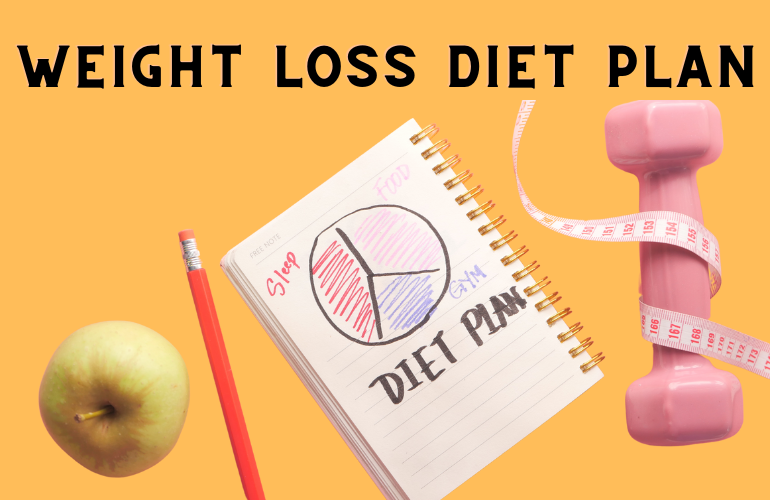The Impact of Exercise on Mental Health
Although physical exercise has long been acknowledged to help maintain overall good health, mental health professionals are only now coming around to realising its positive effect on depression and anxiety. Exercise can come in the form of lifting weights, playing basketball, gardening or simply walking around – even just a few minutes of physical activity can have positive results.
Reduces Stress
Exercise’s stress-relieving properties have long been well documented, with physical activity decreasing levels of adrenaline and cortisol hormones produced in your body. Furthermore, physical activity stimulates endorphin production within your brain – natural painkillers and mood boosters responsible for providing that “runner’s high” feeling of optimism and relaxation that many experience after hard workout sessions.
Studies suggest that regular exercise may also strengthen resilience to stress-related effects on our bodies. One such study revealed that college students who regularly exercised were less likely to experience poor mental health due to stressful events because the exercise helped them cope by decreasing negative self-talk and increasing positive thoughts about themselves.

Exercise may help to decrease stress. Exercising regularly may train the body to handle stress more efficiently by increasing heart rate, blood pressure, and cortisol responses to exercise (known as cross-stressor adaptation). Furthermore, exercise can improve outlook by providing a sense of accomplishment while building confidence and self-esteem. Finally, exercising may help alleviate depression by increasing neurotransmitters such as serotonin and brain-derived neurotrophic factor that are targeted by antidepressant medications.
No matter their motivations for exercising, all can gain from adding some form of physical activity into their daily schedule to boost mood and manage stress more effectively. If you aren’t already an exerciser, begin slowly adding 15-30 minutes of mild-to-moderate physical activity into your day – you will soon reap its rewards for mental wellbeing!
Boosts Mood
Exercise can help improve both your mood and outlook; studies have proven it. Exercising regularly has been shown to enhance sleep quality, boost energy levels and support mental wellbeing – but to stay on the exercise path for long, it must fit within your lifestyle and be enjoyable if you wish to stick with it.
Exercise can help improve your mood in several ways. First, it releases endorphins – chemicals found in your brain that promote feelings of happiness and relaxation – releasing endorphins to release when exercising regularly; furthermore, when doing physical activity regularly it allows the body to better control stress hormones that negatively impact our minds and bodies and eventually our spirits as a result.
Exercise can also aid memory and thinking by increasing certain areas of the brain’s size. Harvard Health has linked regular physical activity with increased cognitive functioning as well as possible protection from dementia or Alzheimer’s.

Researchers from the University of South Australia recently conducted a massive study, comprising of more than 97 trials and 128,119 participants, which concluded that physical activity is 1.5 times more effective at treating depression than counseling and leading antidepressant drugs. Researchers believe this to be due to exercise releasing endorphins which reduce stress hormones thereby helping improve your mood.
However, its exact mechanism remains unknown. This link doesn’t seem to involve cardiovascular fitness or muscular strength as such factors don’t appear as strongly associated with mood as other variables do; scientists believe something more involvs moving your body and breathing properly could play a part.
Reduces Anxiety
Anxiety is a normal response to stress, but when it becomes unmanaged it can have debilitating effects on quality of life and may even lead to depression and other mental health conditions. Studies show that regular physical activity can help decrease anxiety as well as improve sleep and self-esteem.
Researchers speculate that exercise’s positive influence stems from its influence on brain chemistry; exercise stimulates endorphin release in order to combat pain and improve mood, while consistent workouts increase your brain’s capacity for serotonin production – an essential neurotransmitter responsible for mood regulation.
Jogging or swimming are particularly helpful exercises to combat anxiety. Exercise also acts as an excellent mood-booster and reduces tension by decreasing cortisol production – the hormone released when we experience stress – which rises with each stressful situation. For maximum benefits, engage in five minutes of aerobic exercise per day!
Exercise has also been found to increase gray matter density in the prefrontal cortex and hippocampus, leading to improved impulse control and attention span. Furthermore, brain changes prompted by BDNF may help people recalibrate their reactions to fear-inducing stimuli – something which could be particularly helpful in helping those living with anxiety disorders manage their symptoms more effectively.
There can be numerous barriers that prevent people from exercising to reduce anxiety, such as time constraints and social stigma. Someone with low self-esteem might feel awkward exercising in front of others or worry about how their workout clothes look; one simple solution could be participating in group fitness classes which make motivating yourself easier.
Increases Self-Esteem
Exercise not only boosts mood, but it can also provide people with an overwhelming sense of achievement that boosts self-esteem and confidence. One study revealed that women who regularly run have higher self-esteem than those who don’t; martial artists or dancers may see similar benefits. Exercise can have a tremendously positive effect on mental health when contrasted against conditions like depression and anxiety which often leave individuals lacking in self-worth.

Exercise can be one of the most effective methods to boost mental health. A recent meta-analysis on exercise’s effects on depression showed it was almost as effective as antidepressants – this may be attributed to both its physical and psychological advantages.
Of equal importance is the sense of accomplishment gained from finishing workouts, whether aerobics, weightlifting or yoga and jogging – this positive feeling makes overcoming obstacles easier while sticking with healthy lifestyle habits.
And the great thing is that these benefits don’t require hours in the gym sweating buckets or running miles upon miles! Just 30 minutes of moderate exercise five days per week will do the trick to boost both mood and confidence – plus group exercise classes may offer added motivation while increasing self-esteem and building self-worth!
Reduces Depression
Depression is an all-too-common issue, yet one that can be successfully managed through exercise. According to a recent study in Neurology, exercise is as effective at alleviating symptoms as certain antidepressant medicines — perhaps even more so!
Researchers are still investigating how exercise can benefit depression; they suspect it may be due to several factors. Studies have demonstrated that those who lead sedentary lifestyles often experience more depressive symptoms than those who engage in regular physical activity, with those lacking motivation finding it hard to start and sustain an exercise regime; exercise may help overcome such barriers by elevating mood and productivity resulting in positive self-talk and increased positivity.
Exercise’s benefits can be seen within five to ten minutes per day of moderate physical activity. If you’re having trouble starting to move more, start small; even walking five minutes around the block might do. As soon as it feels comfortable to you, build up your time and distance gradually as desired. CDC suggests adults aim for at least 30 minutes of moderate or vigorous physical activity every week at least 30 days of each month at least.
If you’re having difficulty maintaining an exercise program, try recruiting friends or family as accountability partners, joining fitness classes with others, or signing up for online programs where others are working out with you. Remember, the best exercise regiment is one you actually complete!


